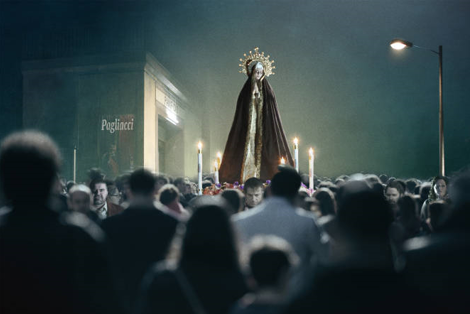Falstaff at the Royal Opera House
Giuseppe Verdi had written 27 operas by the time he started a four year project to in 1889 to write only his second comedy opera. His first comedy work ‘Un giormo di regno’ was staged unsuccessfully in 1840 and Rossini, a great admirer of Verdi, commented that he thought him incapable of writing a comedy. Verdi was concerned that at his advanced age, to start a new substantial project was a real risk. However, such was his profile that at the world premiere of Falstaff at La Scala Milan in early 1893, the huge success of his work was recognised with an applause lasting almost an hour.
The libretto was adapted by his friend Arrigo Boito and the plot revolves around the thwarted sometimes farcical efforts of the fat English knight, Sir John Falstaff, to seduce two married women to gain access to their husband’s wealth. This was Verdi’s last opera composition and he died a few years later in 1901 at the age of 87.
The difficulty with this production by Robert Carson is that it has been revived at a time when Bruno Ravella’s new bold and accessible production for Garsington, playing at the same time, has been so well received. Robert Carson’s version looks beautiful with its floor to ceiling wood panels, which form the basis of all three Acts, but it is very much a static piece, albeit updated to the 1950s. The only notable exceptions to this static approach were the performances of the singers themselves and the hay munching of Rupert the Horse in the stable scene in the third Act, who undoubtedly stole the show.
The Conductor, Nicola Luisotti, made a valid attempt at trying to control the evening musically, working with an outstanding Royal Opera House Orchestra and Chorus, but even he, however refined, lost some of the integration between singers and orchestra in the speedy pitter patter passages.
Mary McLaughlin was great fun as Meg Page, with a voice to match, although the Alice Ford of Ana Maria Martinez was small voiced and seemed out of sorts. Carlo Bosi as Dr Caius, together with Michael Colvin and Craig Colclough as Bardolph and Pistol respectively, were wonderfully funny and irreverent in their roles, with the big personality of the Mistress Quickly of Marie-Nicole Lemieux matching her deep mezzo sound. The Nannetta of Anna Prohaska and the Fenton of Frederic Antoun were both sweetly and well sung. Special mention too to the thunderous Ford of Simon Keenlyside, who held our attention throughout, both vocally and in his presentation. However, the main plaudits must go to the Falstaff of the wide girthed Bryn Terfel, whose substantial baritone voice and presence was felt and enjoyed all evening.
Both Terfel and Keenlyside and the ensemble generally made this a really worthwhile and enjoyable evening.







